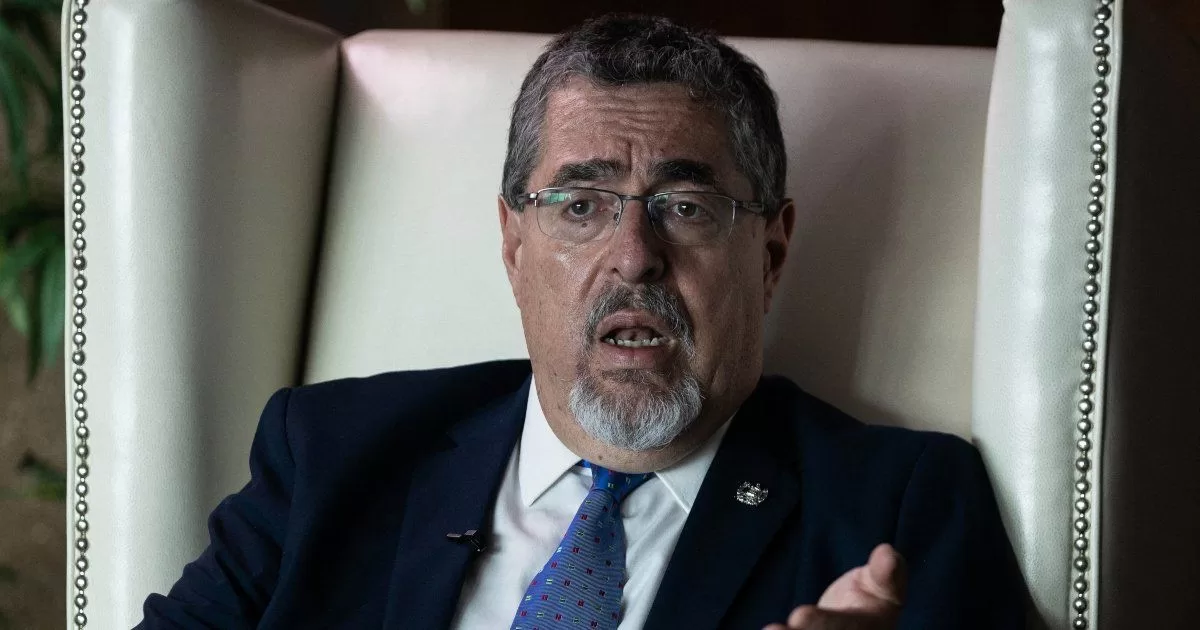GUATEMALA CITY.- The president of Guatemala, Bernardo Arevalo, revealed a series of measures aimed at addressing the political and social challenges facing the Central American country. These measures focus on several key aspects, from fighting corruption to promoting security and strengthening government institutions.
First, Arévalo emphasized his commitment to restoring trust in the country’s political institutions. To achieve this, he pledged to take concrete actions to address what he describes as continued interference in political matters by Attorney General Consuelo Porras. The president announced that specific measures will be taken to address this concern, ensuring that all will be within the legal framework.
In addition, the Guatemalan president highlighted the importance of combating corruption in all its forms. To achieve this, actions will be implemented such as the purge of “ghost” employees in public institutions and the creation of a new National Commission against Corruption. These measures seek to strengthen transparency and accountability in government, laying the foundations for a more fair and equitable system.
On the other hand, Arévalo stressed the need to improve security in the country. This includes the fight against drug trafficking, organized crime and extortion, as well as strengthening law enforcement. While he recognizes that this is a complex challenge, the president maintains that he is determined to address it with determination and focus.
Independence of the Public Ministry
Porras, who was appointed in 2018 by President Jimmy Morales and later confirmed by his successor, Alejandro Giammattei, for a second term that expires in 2026, emphasized that her position is governed by the Constitution and the laws of the country.
“The Constitution is clear in this regard and establishes a legally determined mandate that I must fully fulfill,” Porras recently declared with firm gestures, emphasizing that no power of the State can intervene in the functions of the MP.
“The Public Ministry is not subject to any power of the State because it is an autonomous and independent institution,” he emphasized, rejecting any attempt at external influence in the exercise of its functions.
Porras made it clear that neither the president nor any other authority can instruct the MP on how to carry out criminal or military investigations, unless contemplated by law and under the authority of the courts of law.
“I will act in accordance with the laws of the country,” Porras stated with determination, explaining that any attempt at external influence on the MP would be contrary to current legal and constitutional regulations.
Source: With information from Europa Press and AFP

